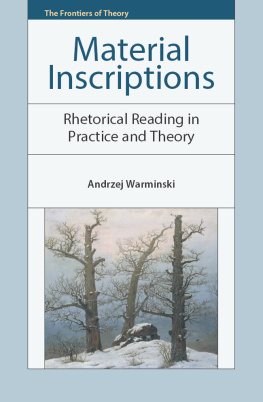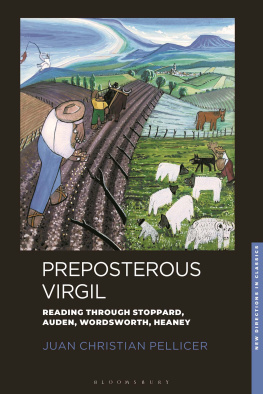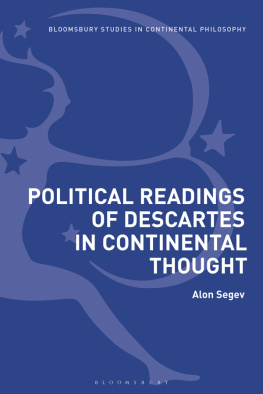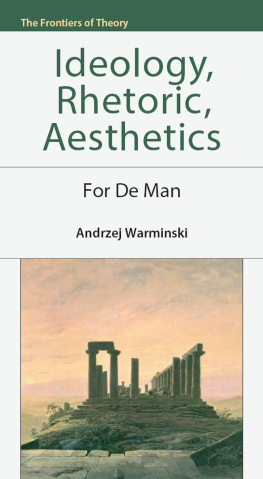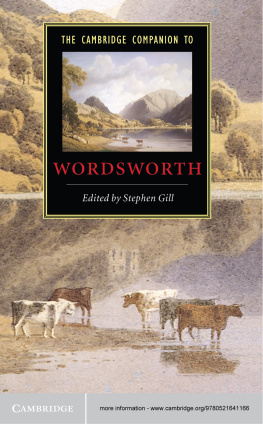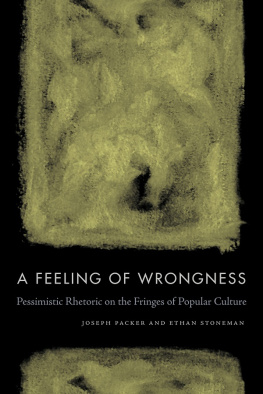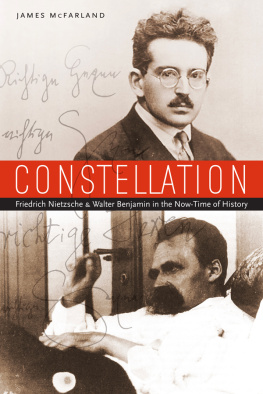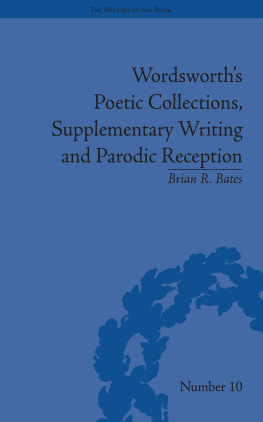Material Inscriptions
The Frontiers of Theory
Series Editor: Martin McQuillan
Available Titles
Reading and Responsibility:
Deconstruction's Traces
Derek Attridge
Of Jews and Animals
Andrew Benjamin
Not Half No End: Militantly
Melancholic Essays in Memory of
Jacques Derrida
Geoffrey Bennington
Dream I Tell You
Hlne Cixous
Insister of Jacques Derrida
Hlne Cixous
Volleys of Humanity: Essays
19722009
Hlne Cixous
Poetry in Painting: Writings on
Contemporary Arts and Aesthetics
Hlne Cixous, ed. Marta Segarra and
Joana Mas
The Poetics of Singularity: The
Counter-Culturalist Turn in
Heidegger, Derrida, Blanchot and the
later Gadamer
Timothy Clark
About Time: Narrative, Fiction and
the Philosophy of Time
Mark Currie
The Unexpected: Narrative
Temporality and the Philosophy of
Surprise
Mark Currie
The Post-Romantic Predicament
Paul de Man, ed. Martin McQuillan
Geneses, Genealogies, Genres and
Genius
Jacques Derrida
Scandalous Knowledge: Science,
Truth, and the Human
Barbara Herrnstein Smith
To Follow: The Wake of Jacques
Derrida
Peggy Kamuf
Death-Drive: Freudian Hauntings in
Literature and Art
Robert Rowland Smith
Veering: A Theory of Literature
Nicholas Royle
Ideology, Rhetoric, Aesthetics: For De
Man
Andrzej Warminski
Material Inscriptions: Rhetorical
Reading in Practice and Theory
Andrzej Warminski
Forthcoming Titles
Working with Walter Benjamin:
Recovering a Political Philosophy
Andrew Benjamin
Readings of Derrida
Sarah Kofman, trans. Patience Moll
Hlne Cixous's Semi-Fictions: At the
Borders of Theory
Mairad Hanrahan
Against Mastery: Creative Readings
and Weak Force
Sarah Wood
The Paul de Man Notebooks
Paul de Man, ed. Martin McQuillan
Visit the Frontiers of Theory website at www.euppublishing.com/series/tfot
Material Inscriptions

Rhetorical Reading in Practice and Theory
Andrzej Warminski
EDINBURGH
University Press
For Cathrine
Andrzej Warminski, 2013
Edinburgh University Press Ltd
22 George Square, Edinburgh EH8 9LF
www.euppublishing.com
Typeset in 10.5/13 pt Sabon by
Servis Filmsetting Ltd, Stockport, Cheshire,
printed and bound in Great Britain by
CPI Group (UK) Ltd, Croydon CR0 4YY
A CIP record for this book is available from the British Library
ISBN 978 0 7486 8122 8 (hardback)
ISBN 978 0 7486 8123 5 (webready PDF)
ISBN 978 0 7486 8124 2 (epub)
The right of Andrzej Warminski
to be identified as author of this work
has been asserted in accordance with
the Copyright, Designs and Patents Act 1988.
Series Editor's Preface
Since its inception Theory has been concerned with its own limits, ends and after-life. It would be an illusion to imagine that the academy is no longer resistant to Theory but a significant consensus has been established and it can be said that Theory has now entered the mainstream of the humanities. Reaction against Theory is now a minority view and new generations of scholars have grown up with Theory. This leaves so-called Theory in an interesting position which its own procedures of auto-critique need to consider: what is the nature of this mainstream Theory and what is the relation of Theory to philosophy and the other disciplines which inform it? What is the history of its construction and what processes of amnesia and the repression of difference have taken place to establish this thing called Theory? Is Theory still the site of a more-than-critical affirmation of a negotiation with thought, which thinks thought's own limits?
Theory is a name that traps by an aberrant nominal effect the transformative critique which seeks to reinscribe the conditions of thought in an inaugural founding gesture that is without ground or precedent: as a name, a word and a concept, Theory arrests or misprisions such thinking. To imagine the frontiers of Theory is not to dismiss or to abandon Theory (on the contrary one must always insist on the it-is-necessary of Theory even if one has given up belief in theories of all kinds). Rather, this series is concerned with the presentation of work which challenges complacency and continues the transformative work of critical thinking. It seeks to offer the very best of contemporary theoretical practice in the humanities, work which continues to push ever further the frontiers of what is accepted, including the name of Theory. In particular, it is interested in that work which involves the necessary endeavour of crossing disciplinary frontiers without dissolving the specificity of disciplines. Published by Edinburgh University Press, in the city of Enlightenment, this series promotes a certain closeness to that spirit: the continued exercise of critical thought as an attitude of inquiry which counters modes of closed or conservative opinion. In this respect the series aims to make thinking think at the frontiers of theory.
Martin McQuillan
Author's Preface
This is a book of rhetorical readings whose theory and practice comes out of a particular teaching experience at Yale University: an undergraduate course called Reading and Rhetorical Structures. Indeed, a number of the chapters started out as lectures in this course. The course was conceived by Paul de Man and co-taught by him and Geoffrey Hartman, together with a number of Teaching Assistants who would usually give one lecture during the semester. I had the good fortune to serve as Teaching Assistant in this course and then as co-lecturer once with Hartman, once with de Man, and then twice with Kevin Newmark from 1979 to 1987. (De Man designed the course somewhat on the model of still another undergraduate course at Harvard [Hum 6] in which he served during his graduate student days as a Teaching Assistant for Reuben Brower.on the topic of Deconstruction at Yale. All three of these latter texts are explicitly about the place of rhetoric for example, between grammar and logic in the trivium and its importance for any critical reading worthy of the name.
Rhetoric in this volume means above all the rhetoric of tropes, and its place between grammar and logic amounts to the following: that tropes, which on the one hand make the passage from grammatical structures to meaning possible, on the other hand also always make it impossible for this passage to take place in an epistemologically stable or reliable way. This renders the meaning of any and every text not simply indeterminate but radically overdetermined. Hence the practice of rhetorical reading in this volume is not a matter of identifying and classifying tropological structures to show how the meaning of literary and philosophical texts depends on them. Although it is true that attempting to determine the meaning of a text always begins with a reconstruction of the text as a tropological system, reading the text rhetorically entails a demonstration of how this tropological system, in its attempt to close itself off, undergoes a process of self-undoing. This process leaves a residue or remainder: the materiality of an inscription that lies at the origin of the text and that made the text possible in the first place but that also makes it forever

